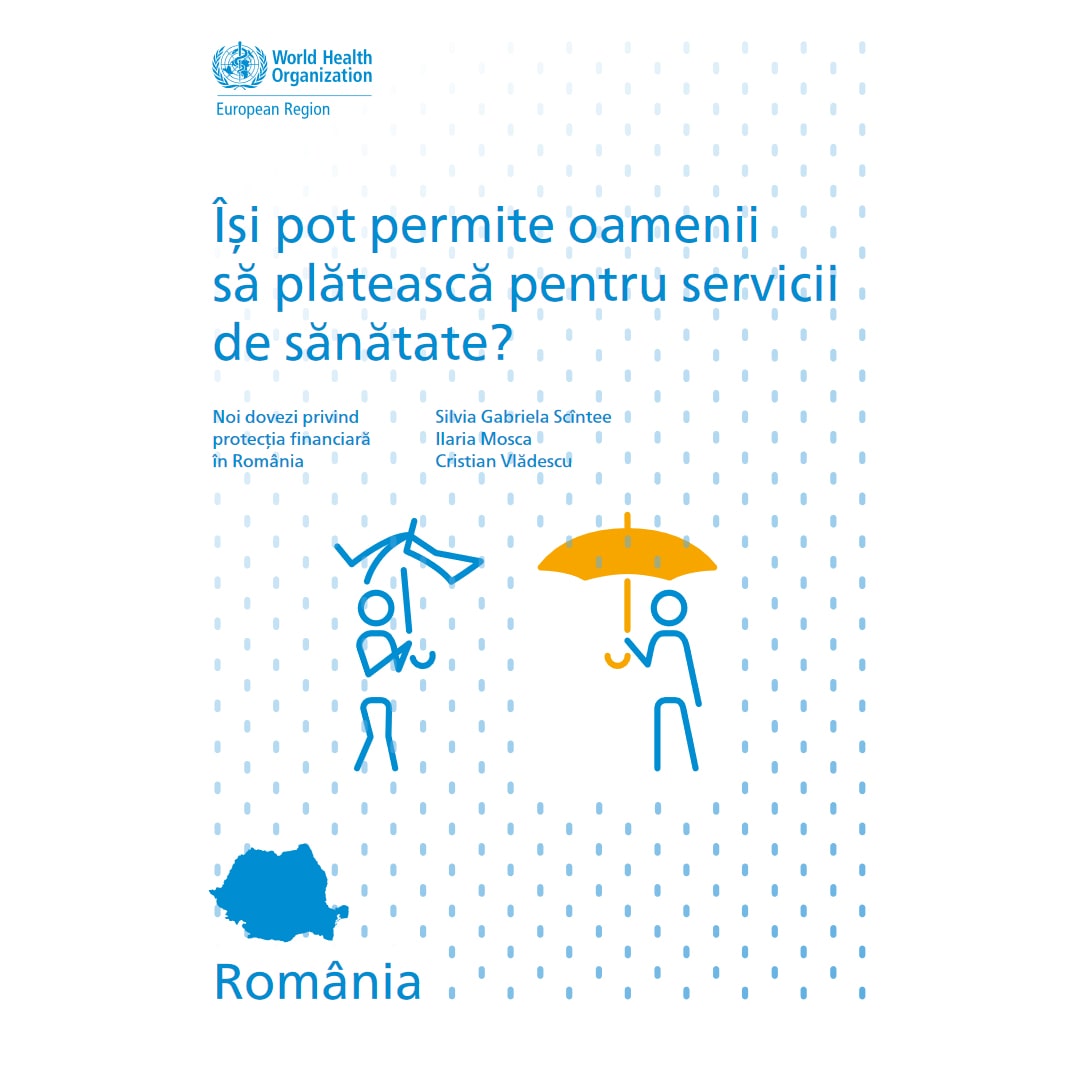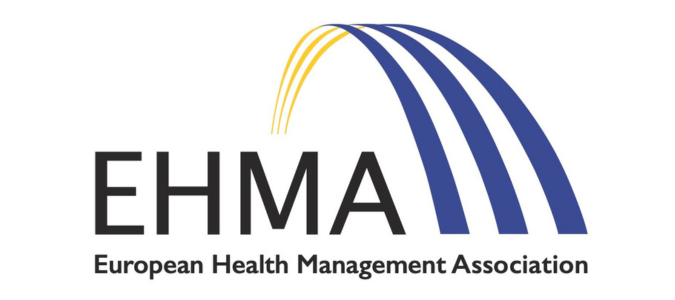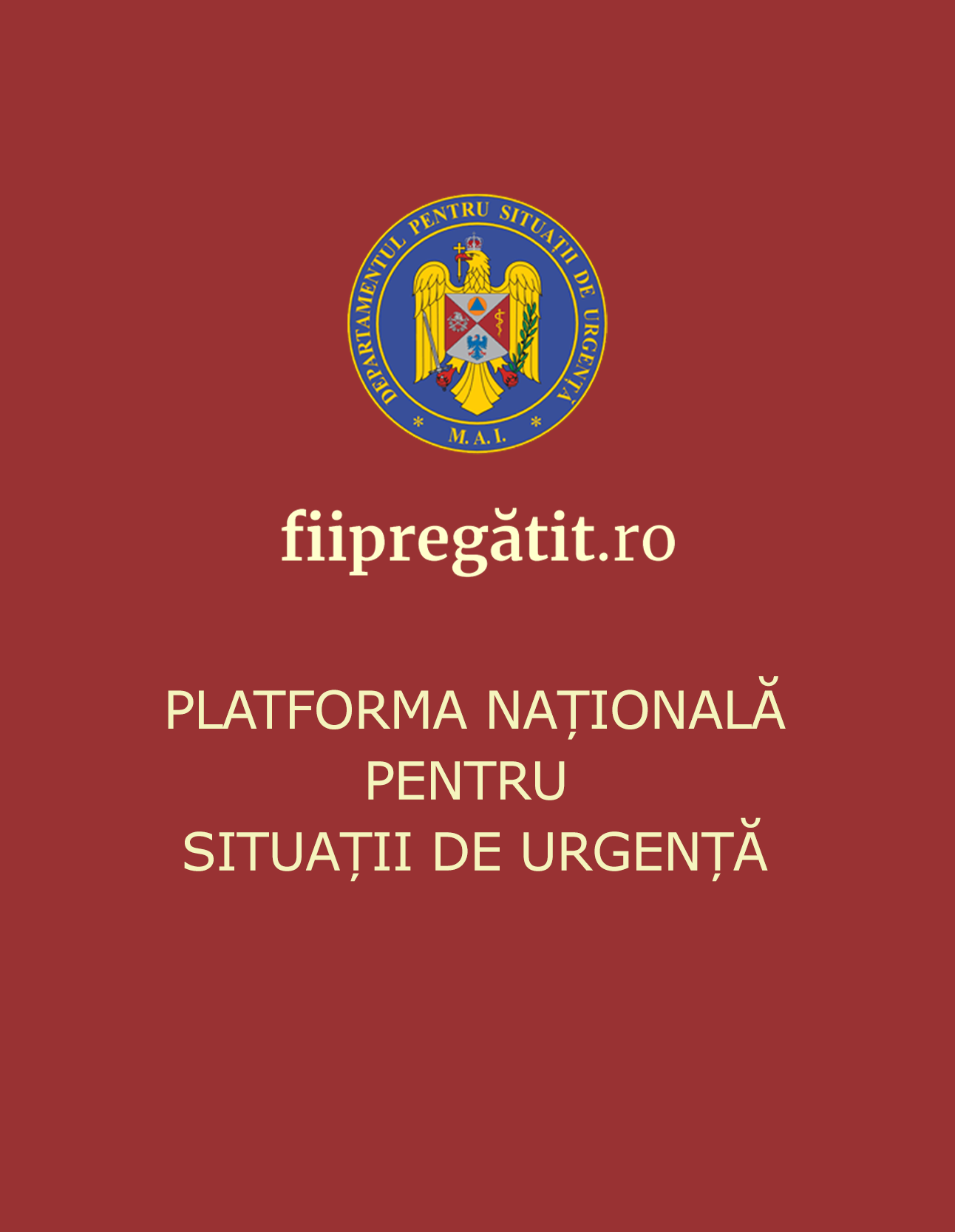This analysis is part of a series of national studies aimed at obtaining new evidence on financial protection in Europe. Financial protection is essential for universal health coverage and is a key aspect of health system performance. There is a higher incidence of catastrophic health expenditure in Romania than in other EU countries, and it is much higher than would be expected, given that Romania does not rely heavily on out-of-pocket payments to fund the health system. They are particularly concentrated among poorer households and the elderly, demonstrating gaps in the three dimensions of health coverage (entitlements, service coverage and beneficiary contributions), weaknesses in service purchasing policy and low levels of public spending on health. Financial difficulties are mainly driven by out-of-pocket payments for outpatient medicines and have increased over time, especially among poorer households. In order to reduce unmet need and financial hardship, the government should focus on making outpatient medicines (including over-the-counter medicines) and dental services more affordable. This can be achieved by identifying solutions for: ensuring the entire population in the National Health Insurance House (CNAS) system; introducing exemptions from co-payments for low-income households and people with chronic conditions; introducing an annual ceiling for all co-payments, linked to household income; improving CNAS policy on purchasing health services; limiting personal contributions and payments for additional services; and taking action on informal payments and quality of services. These efforts will require substantial and sustained increases in public spending on health. All new additional funds should be carefully allocated to meet the objectives of equity and efficiency.







